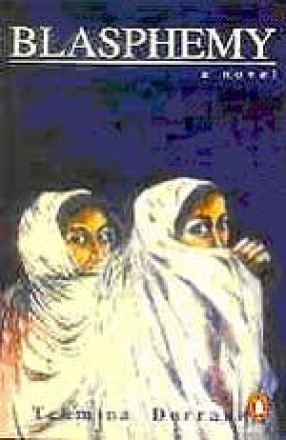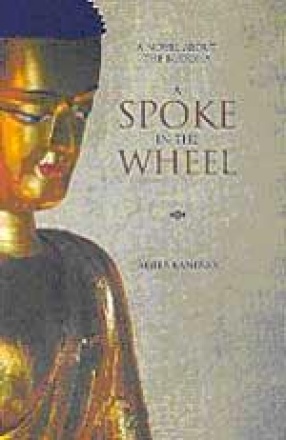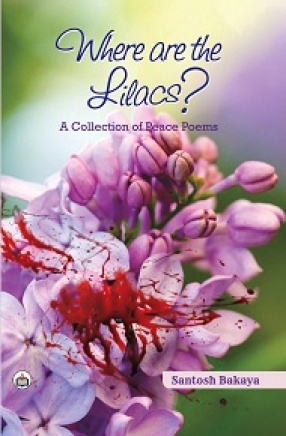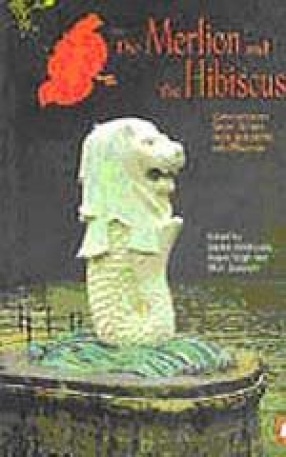Now available in paperback edition, one of the exciting books of 1998. Tehmina Durrani made her sensational literary debut in 1991 with her controversial autobiography My Feudal Lord. Blasphemy, her next major work, promises to generate the same degree of excitement. Set in south Pakistan, the novel inspired by a true story, is a searing study of evil; an uncompromising look at the distortion of Islam by predatory religious leaders. In prose of great power and intensity, the author tells the tragic story of the beautiful Here, brutalized and corrupted by Pir Sain, the man of God, whom she is married to when barely fifteen. But the nightmare she is locked into is not hers alone; it affects the entire clan that owes allegiance to the pir. In the Pir’s haveli, unspeakable horrors are perpetrated every day and every night, all in the name of Allah. Sucked into the fetid hell of her lord’s making, Heer loses her dignity, her freedom, even her humanity, till a terrible resolution gives her back to herself.
Blasphemy
$27.00
$30.00
In stock
Free & Quick Delivery Worldwide
All orders amounting to US$ 50 or more qualify for Free Delivery Worldwide. For orders less than US$ 50, we offer Standard Delivery at $14 per book.
ABOUT THE AUTHOR Tehmina Durrani
Tehmina Durrani was married to Ghulam Mustafa Khar, a close ally of Zulfikar Ali Bhutto and his chief minister in Punjab, Pakistan. Khar was one of the founders of the Pakistan People's Party, and Tehmina Durrani was his eighth wife. Khar was jailed by the Zia regime. Durrani and her husband separated after his release from prison, and he then married her sister. She wrote a book about her trauma and torture during her life with Khar, My Feudal Lord, which became a bestseller in several languages. She argues in the book that the real power of feudal landlords like Khar is derived from the distorted version of Islam that is supported by the mullahs and maulvis. Her second book, Mirror to the Blind, is the autobiography of Abdul Sattar Edhi, the renowned Pakistani social worker, as told to her during the two years she followed him on his rounds and in his daily life. It was published by the National Bureau of Publications, Islamabad, Pakistan, in 1996. She returned to controversy with her third book, Blasphemy, a novel in which she describes the secret lives of the Muslim clergy. Durrani declares that the story is factual, with some names and events altered to protect the identity of the woman who is at the center of the story. The pir (mullah) in the book lives a life of bestial, orgiastic debauchery, and the victims are the women of his household and the community. Durrani makes connections between religious fundamentalism and exploitation of the people.
reviews
0 in total
Review by Anonymous
Be the first to review “Blasphemy” Cancel reply
You must be logged in to post a review.
Bibliographic information
Title
Blasphemy
Author
Edition
1st ed.
Publisher
ISBN
0140280049
Length
227p.
Subjects
similar bookssee more
The Merlion and the Hibiscus: Contemporary Short Stories from Singapore and Malaysia
A Unique anthology of short ...
$25.20
$28.00





There are no reviews yet.